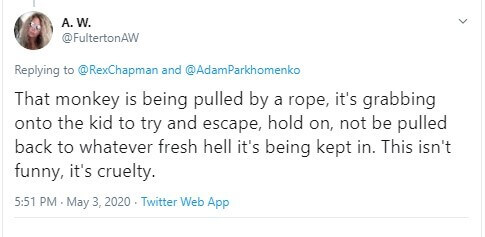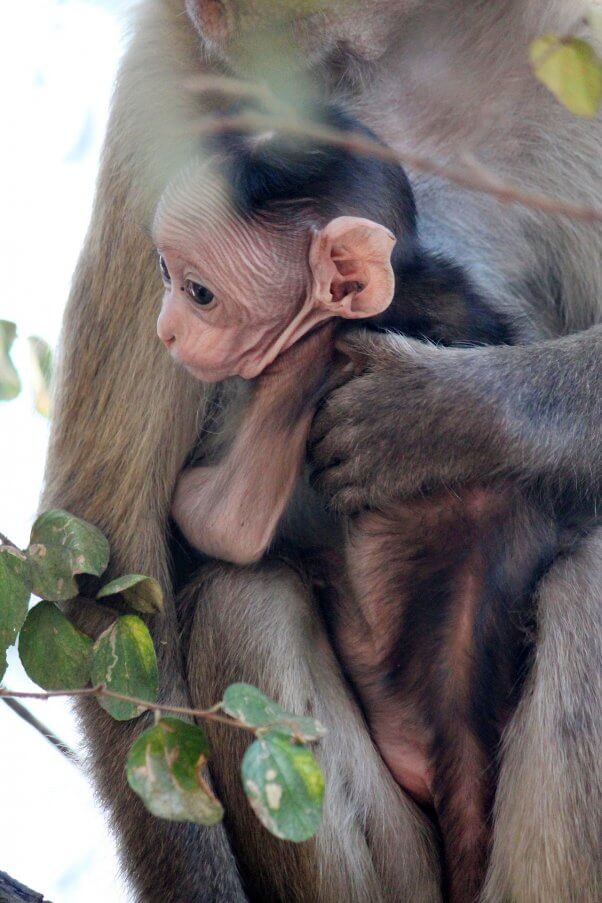With thousands of slaughterhouse workers having already tested positive for COVID-19 and many dying, PETA has purchased stock in Tyson—along with other major U.S. and Canadian slaughter companies—in order to attend annual meetings, correspond with other shareholders under Securities and Exchange Commission rules, and directly urge CEOs to convert all slaughterhouses to produce and pack only vegan meats.
“This crisis has shown that raising and killing animals in filthy factory farm conditions and butchering them in ill-regulated slaughterhouses creates breeding grounds for infectious diseases,” says PETA President Ingrid Newkirk. “PETA is pushing Tyson and all other major meat companies to shut down the slaughter lines and switch to plant-based meats that never cause a pandemic.”
The novel coronavirus originated in a Chinese “wet market,” where live and dead animals are sold for human consumption; swine flu began on a U.S. factory farm; and other deadly influenza viruses have been traced to chickens. The Centers for Disease Control and Prevention warns that approximately 75% of recently emerged infectious diseases affecting humans originated in other animals. Health experts say that the next pandemic is inevitable if we don’t change how we treat animals.
Meanwhile, grocery store sales of plant-based foods that directly replace animal-derived products have grown 29% in the past two years to $5 billion. Most meat companies already produce or invest in vegan meats, such as Tyson’s Raised & Rooted plant-based nuggets. Other slaughterhouse owners targeted in PETA’s stock purchase include Hormel, Sanderson Farms, Maple Leaf Foods, Kraft Heinz (parent company of Oscar Mayer), and Chinese-owned WH Group (owner of Smithfield).
PETA—whose motto reads, in part, that “animals are not ours to eat” and which opposes speciesism, a human-supremacist worldview—recently placed a full-page ad in The Washington Post urging Americans to move away from meat.
For more information, please visit PETA.org.
The post PETA Buys Stock in Slaughterhouses—Including Tyson appeared first on PETA.


